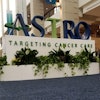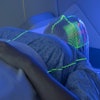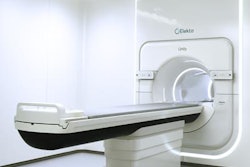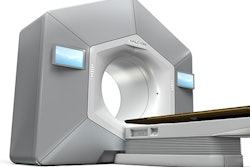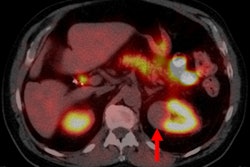Cancer treatment firm Sirtex Medical is touting a study of its microspheres, which demonstrated a better tumor response rate than the current standard of care. The results were presented at the American Society of Clinical Oncology (ASCO) meeting this week in Chicago.
The researchers compared Sirtex's yttrium-90 (Y-90) resin microspheres with the standard treatment, sorafenib. The team led by Dr. Pierce Chow, a senior consultant surgeon at the National Cancer Centre Singapore and Singapore General Hospital, found that the microspheres performed better.
The "Study to Compare Selective Internal Radiation Therapy Versus Sorafenib in Locally Advanced Hepatocellular Carcinoma," or SIRveNIB, included 360 patients. Those who were treated with Y-90 resin microspheres had a significantly better tumor response rate of 16.5%, compared with 1.7% for sorafenib (p < 0.001), in the intent-to-treat analysis. In the treated population, the tumor response rate was 23.1% for the microspheres, compared with 1.9% for sorafenib (p < 0.001).
In addition, microsphere patients had a nearly twofold decrease in severe adverse events (grade ≥ 3; 27.7% vs. 50.6%), compared with those treated with sorafenib. The researchers observed about one-fourth as many adverse events in those treated with the microspheres.
